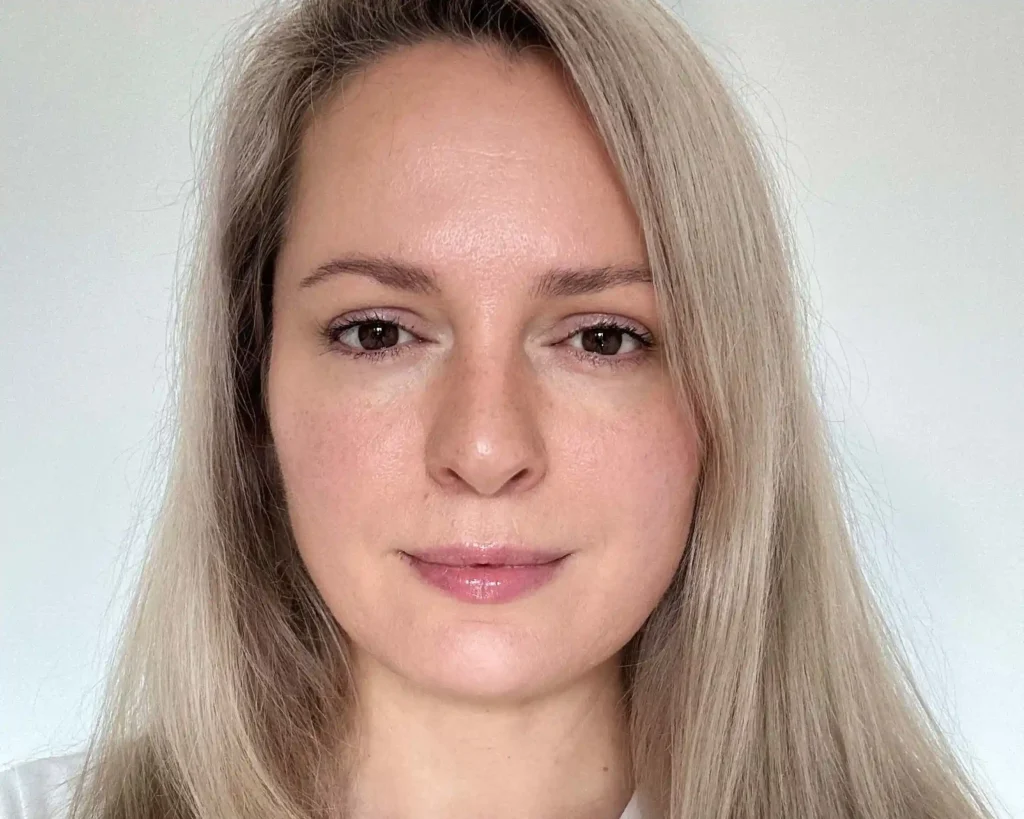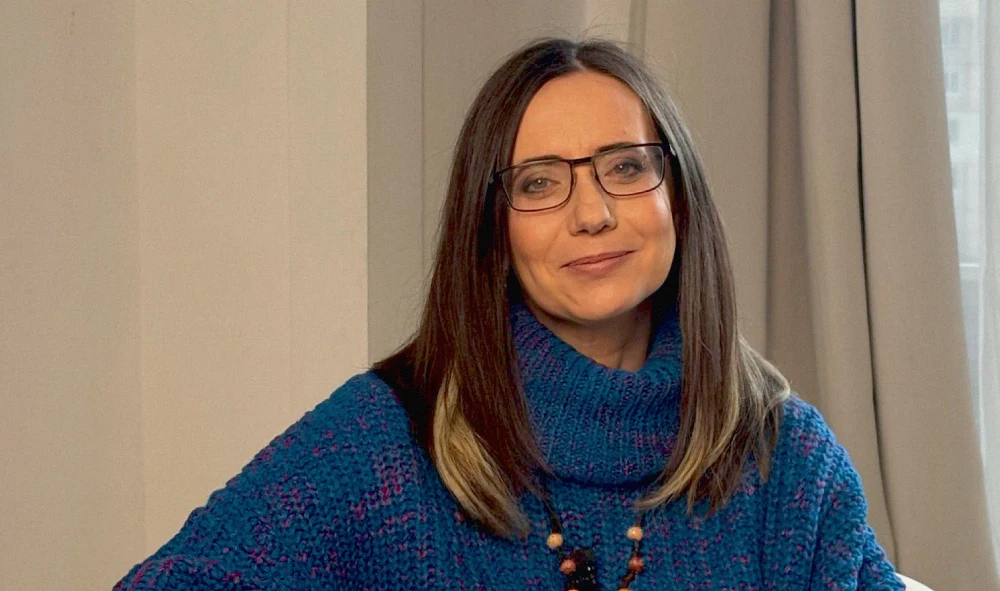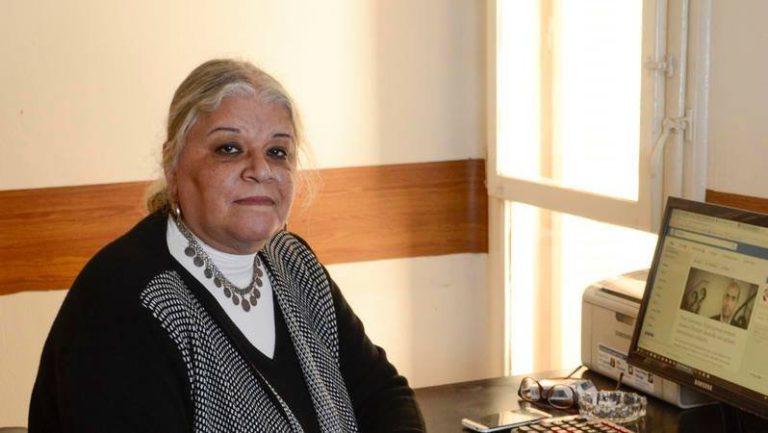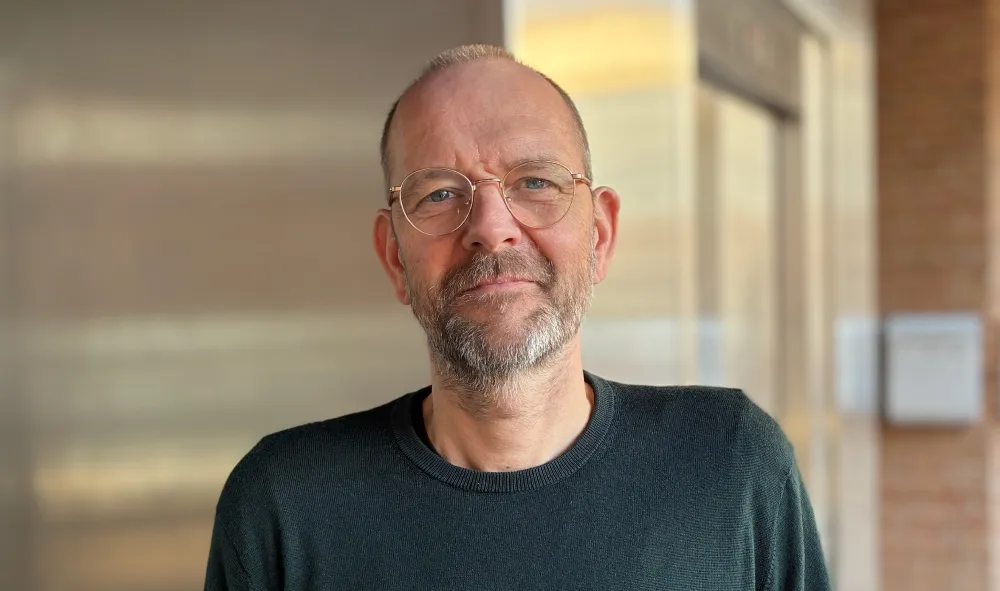The need for mental health services in Ukraine is high. According to the WHO, nearly 9.6 million people are either living with or at risk of developing a mental health condition.
Yulia Honchar, PhD and psychologist, is the head of the Mental Health and Trauma Therapy Center that helps traumatized Ukrainians in Dnipro, Kyiv and Lviv. She works for DIGNITY’s partner organization ‘Forpost’, and we asked her about the main challenges facing their work in 2025:
How does your organization provide psychosocial support in Ukraine?
We focus on those most in need—displaced persons, veterans, children, and survivors of violence— working to adapt international standards to Ukraine’s realities for accessible, effective care.
At the community level, we train volunteers and social workers to recognize distress and provide initial support. Group therapy fosters connection and recovery, while individual services include crisis interventions, psychotherapy, and psychiatric care when needed.
To sustain our efforts, we support mental health professionals with supervision and training. We also fight stigma through awareness campaigns and integrate humanitarian aid, ensuring people receive emotional and material support in times of crisis.
What are the main challenges in 2025, and how do you address them?
The ongoing war has led to profound fatigue and societal exhaustion. To counter apathy and hopelessness, we are expanding long-term support programs, teaching self-help skills, and strengthening resources for mental health professionals.
At the same time, rising demand for support outpaces available resources. We are recruiting and training new specialists, enhancing partnerships, and optimizing our referral network to reach more people.
Veterans face significant challenges in reintegrating into civilian life. We are developing specialized programs to help them cope with PTSD, adjust to new realities, and rebuild family relationships.
While mental health stigma persists in some rural areas, among the elderly, and even among veterans, most people in Ukraine have long recognized the value and necessity of psychological help. In fact, many are experiencing traumatic growth – a renewal of adaptive defense mechanisms – as they navigate their challenges and work towards healing.
What gives you hope?
Even in the darkest times, we see people lifting each other up—communities uniting, survivors becoming sources of strength, and young people openly discussing mental health and seeking help.
International support fuels long-term initiatives, but above all, it is the resilience of the people themselves, their determination to rebuild, even after immense hardship—that keeps us going.





